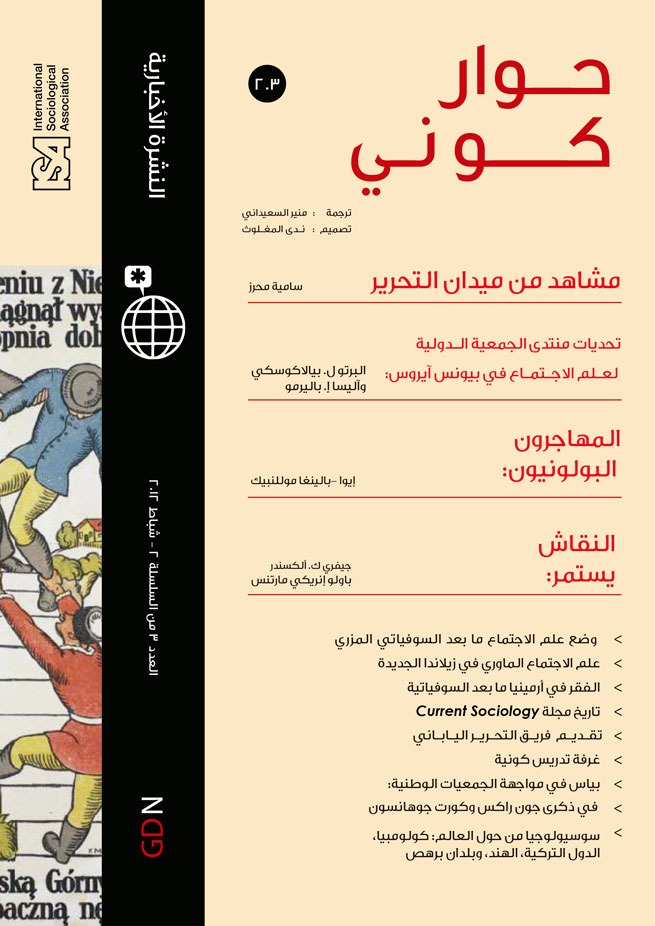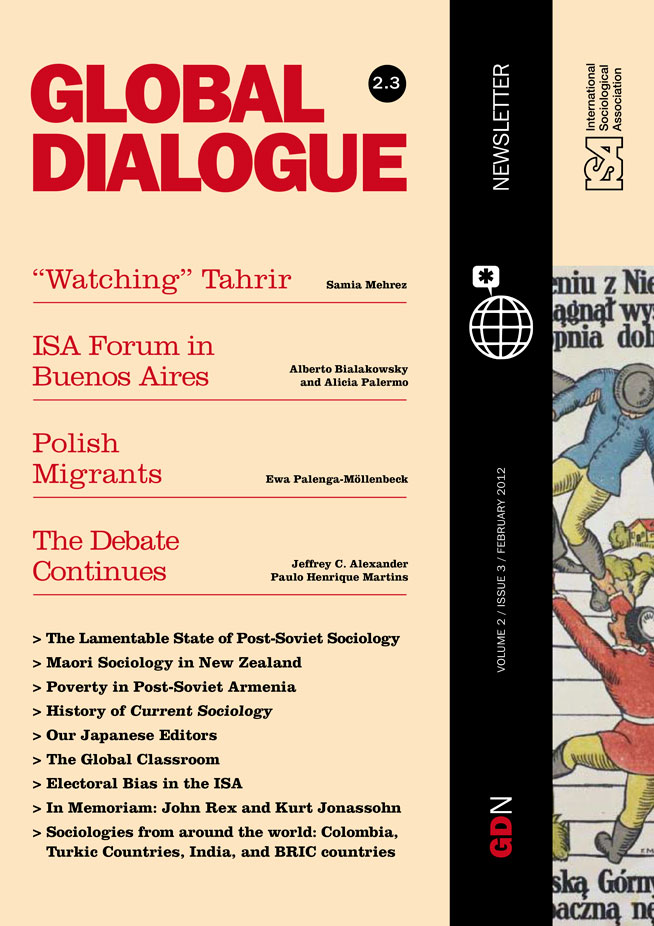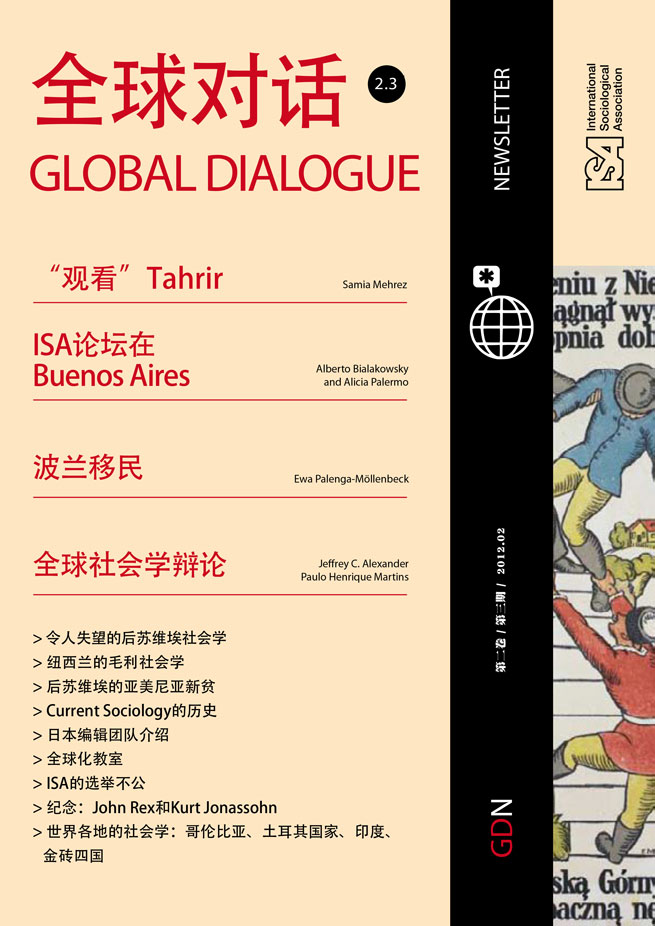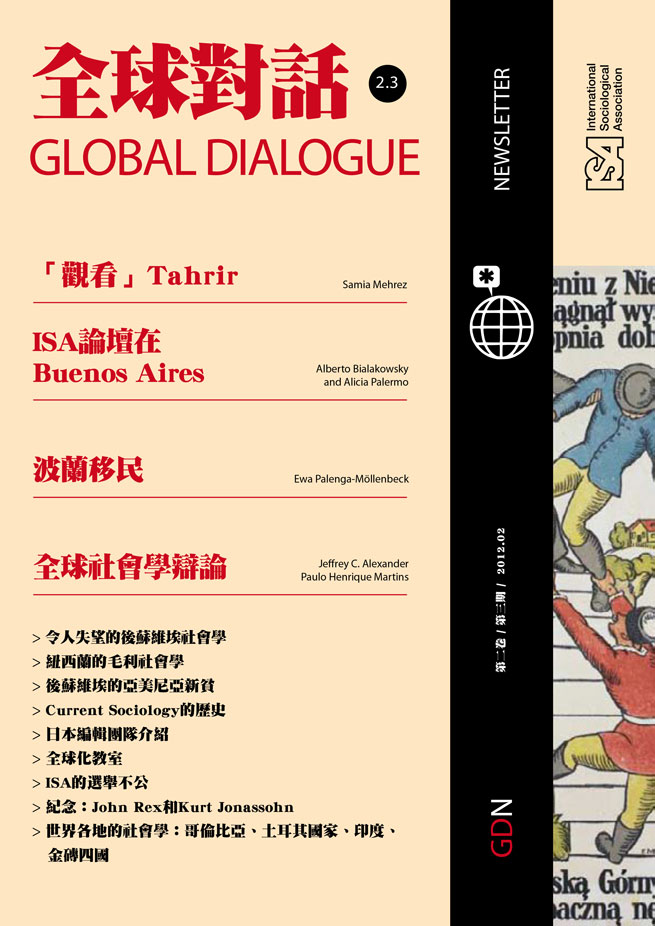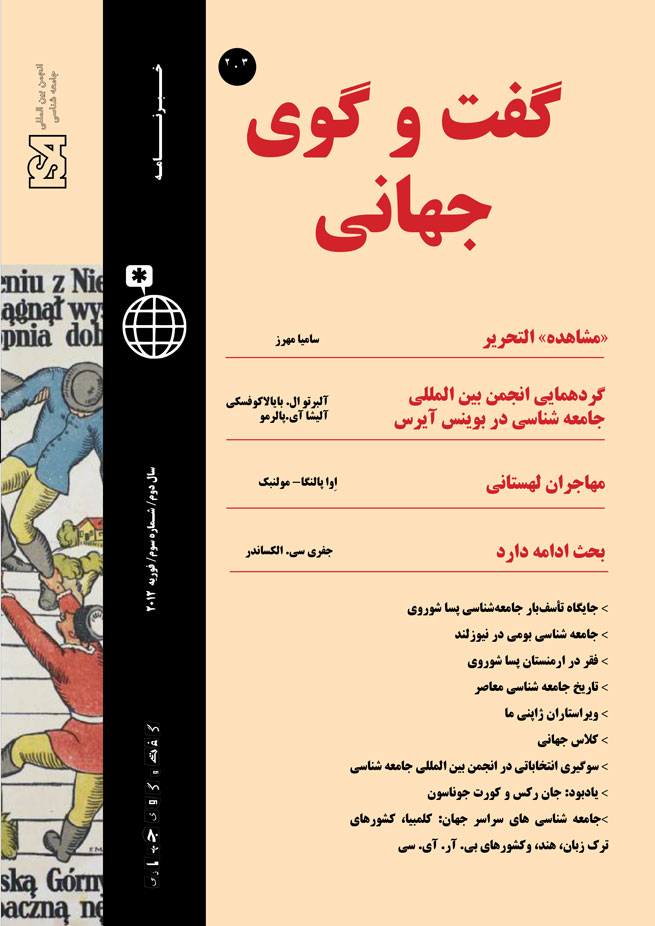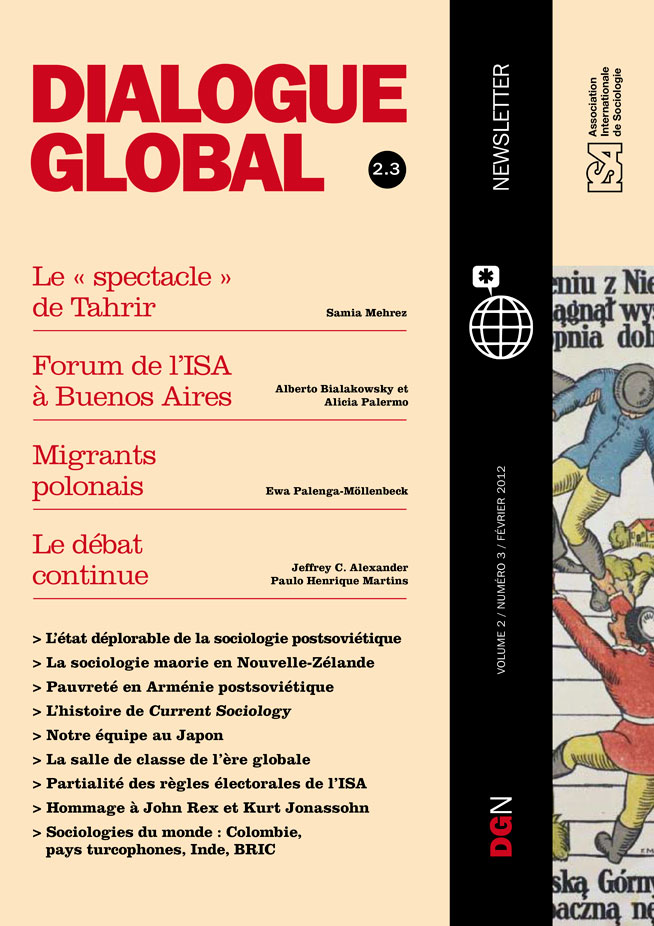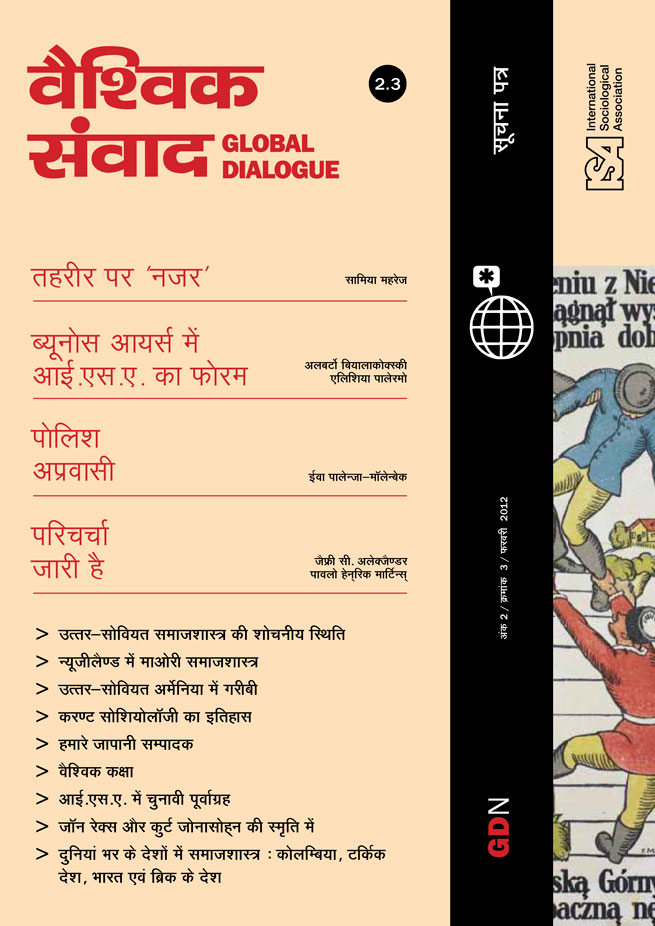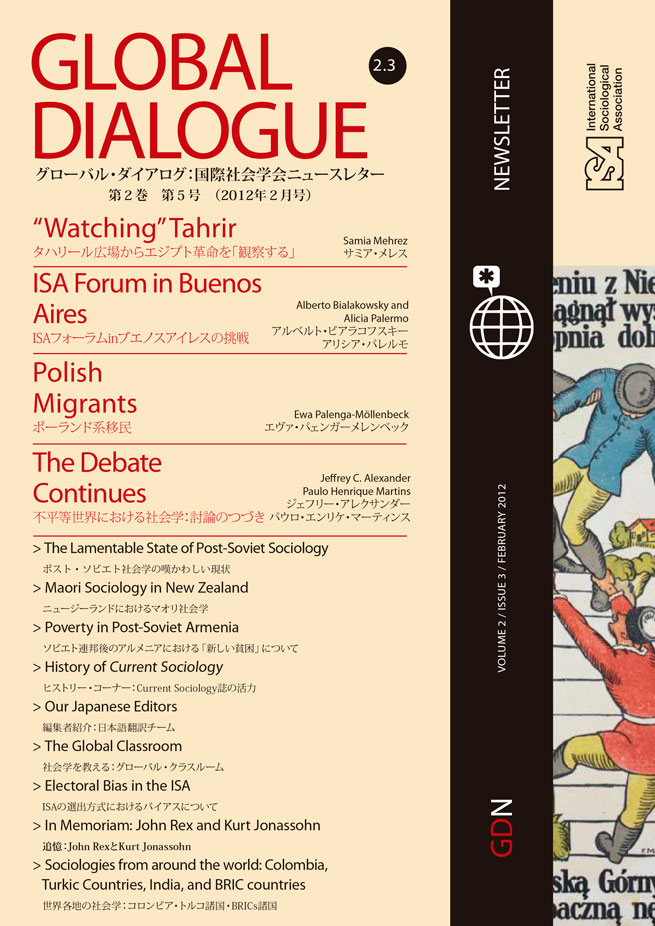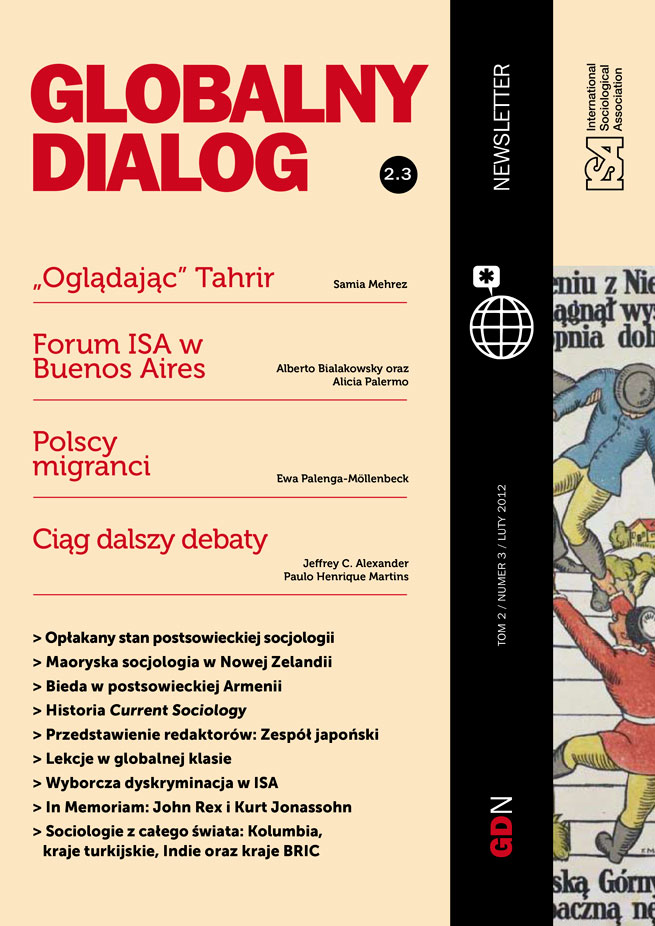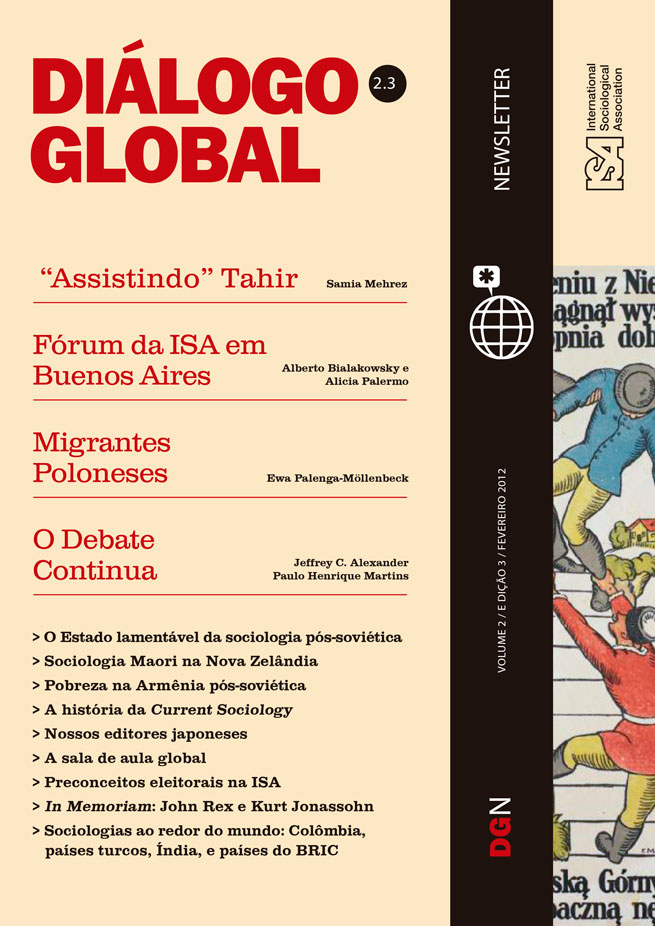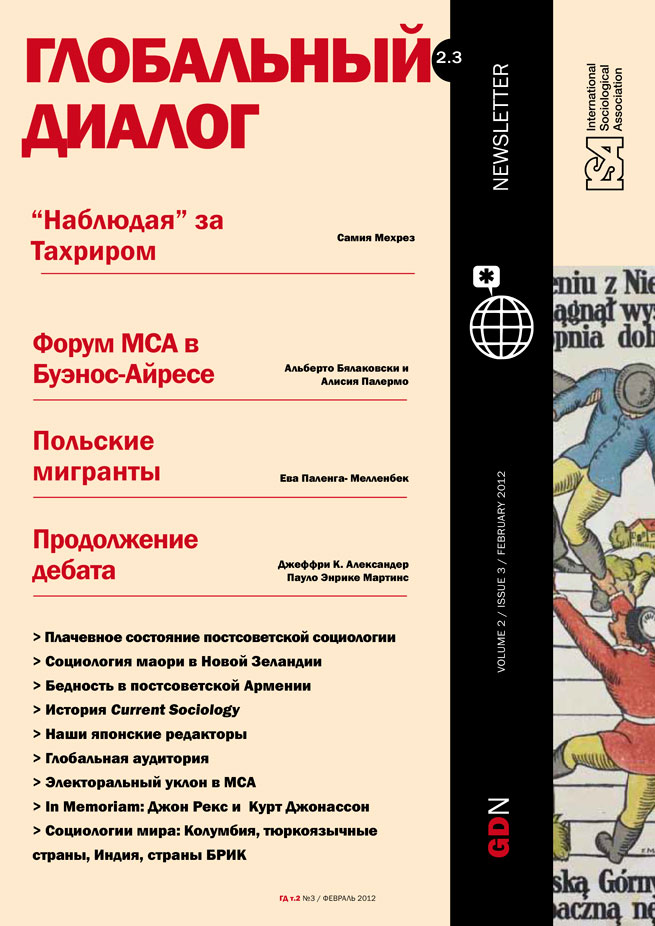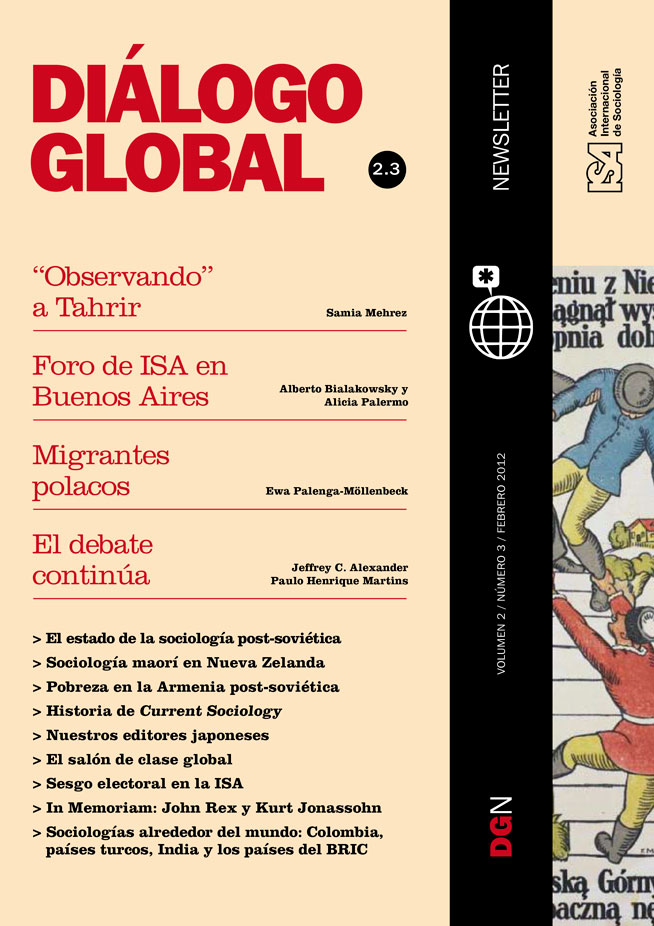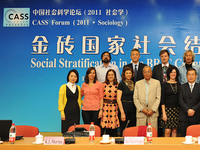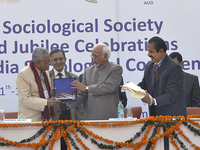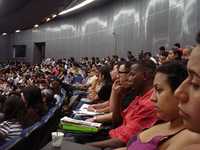Turkic Sociology in a Eurasian Space
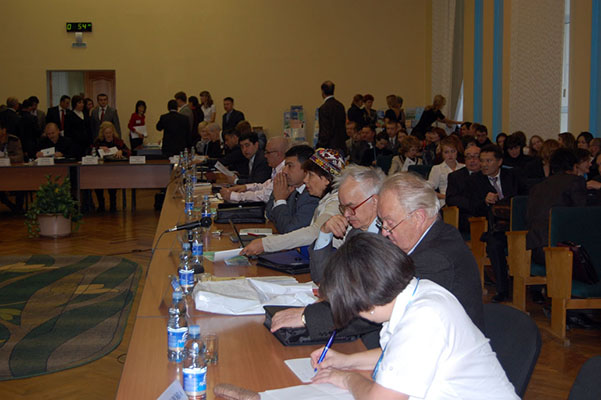
March 01, 2012
Leading scholars in the social sciences and humanities from Russia, European countries, Turkey, Kazakhstan, Azerbaijan, Uzbekistan, Kyrgyzstan, and Tajikistan came to Ufa to participate in the fourth World Congress of Turkic Sociologists, 4-6 September, 2011. The theme was: “Eurasian space: Civilizational Potential of Turkic-speaking Countries and Russian Regions in the 21st Century.” The first World Congress took place in Turkey in 2005, followed by Congresses in Kazakhstan and Kyrgyzstan.
Ufa is a beautiful and hospitable city in the south Urals, with a population of more than a million. It is the capital of the Republic of Bashkortostan – one of the autonomous regions of the Russian Federation. It is a multi-ethnic region with Bashkir as the second largest ethnic group after Russians. The Bashkir language belongs to the Turkic linguistic group. According to the Bashkir Constitution two languages have official status – Russian and Bashkir. However, Bashkir language is not widely spoken in the urban areas, and is considered to be under threat of extinction despite recent political efforts to expand its public presence.
Professional sociological communication is carried out in Russian. The Bashkir Sociological Association – a collective member of the Russian Society of Sociologists – was hosting the Congress of more than 200 participants from different regions and countries. The government of Bashkortostan supported the Congress, providing financial as well as organizational assistance for the event. A representative of the President of Bashkortostan gave a welcoming speech. Other greetings – important symbolic events – followed from the head of the Bashkir Academy of Sciences, from the Elder and Deputy-President of the Association of Turkic Sociologists, representatives of the Russian Society of Sociologists, a Deputy from Azerbaijan, and myself representing the ISA. Russian and Turkish were the working languages of the meeting. Synchronic translation was available.
The plenary papers were devoted to Eurasia – its space, its civilization, its common history, its shared problems and its future. According to the Elder of the Association of Turkic Sociologists, Professor Erkal Mustafa, the main goal of the Congress was to provide a sociological conceptualization of the multi-polar global world which would promote sustainable development and the integration of different cultural, socio-economic and political arrangements. The plenary speakers were inspired by the idea of the hybrid identity at the center of Eurasian civilization (developed by the Russian ethnologist of the primordial camp L. Gumilev, among others). They focused on the Turkish paradigm of social and historical development, the importance of strengthening transnational identity, and investigating the global integration of the Turkic world.
Papers were presented on the theory and practices of contemporary Eurasianism, and the relation of social sciences to the actual problems of the Turkic world and of Russia. The four sections of the Congress were: “Eurasianism: problems and prospects of scientific research and assessments,” “Socio-dynamics of contemporary Eurasian space: problems and solutions,” “Cultural dimensions of Eurasian space,” and “Sociological schools of the Turkic world and Russia.” A major step forward was made in deciding to launch The Eurasian Sociological Journal.
There was a lot of action in the corridors – establishing and renovating cross-regional and transnational contacts, making agreements on the exchange of students and professors between universities, discussing opportunities for joint research and translation projects that would connect sociologists from different countries. One of the intended consequences of the meeting was the growth of the symbolic importance of the Bashkir Sociological Association, which will be hosting the all-Russian Congress of sociologists in October 2012.
In their General Meeting members drafted and passed various resolutions: to facilitate cooperation between sociologists of the Turkic-speaking countries, and to facilitate the cooperation between Russian and Turkic sociologists. Representatives of Turkish and Ufa universities agreed to organize exchanges of professors and students, and at the banquet the exchange of gifts among sociologists of Turkic countries symbolized their professional and cultural bonding.
The Congress established a Memorial Plaque to Nariman Aitov (1925-1999), the founder of the Bashkir sociological school. Aitov belongs to the first generation of Soviet sociologists. In 1964 he established the sociological laboratory in Ufa. He contributed to regional planning, social engineering, carried out research on social mobility and the social consequences of the scientific technical revolution. He was the author of more than 300 publications. In 2000 the Academy of Sciences of Bashkortostan established the Aitov Reward for the best sociological publication.
In summary, the meeting was evidence of ongoing cultural and scholarly integration among Turkic-speaking countries, involving transnational cooperation and the recognition of sociological diversity. Not surprisingly, sociologists from Turkey play an important role in this process. The Central Asian states that became independent after the fall of the Soviet Union as well as North Caucasia and Eastern parts of Russia all have sizable Turkic-speaking populations. But integration is not only based on linguistic commonalities, but on shared ideas of civilizational – Eurasian – unity. Thus, historical roots, paths of modernization, collective memory, and cultural traditions were all discussed as intellectual resources for social integration. As one organizer declared: “Although Turkic-speaking countries have been separated from each other for a thousand years, today we can speak of cultural and scholarly cooperation among these countries.”
Elena Zdravomyslova, European University, St. Petersburg, Russia, and Member of the ISA Executive Committee, 2010-2014

